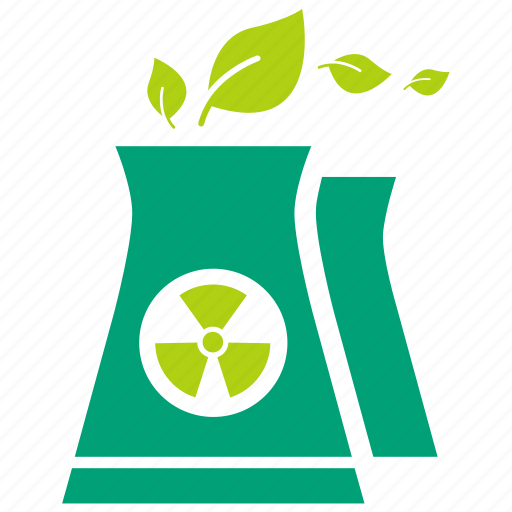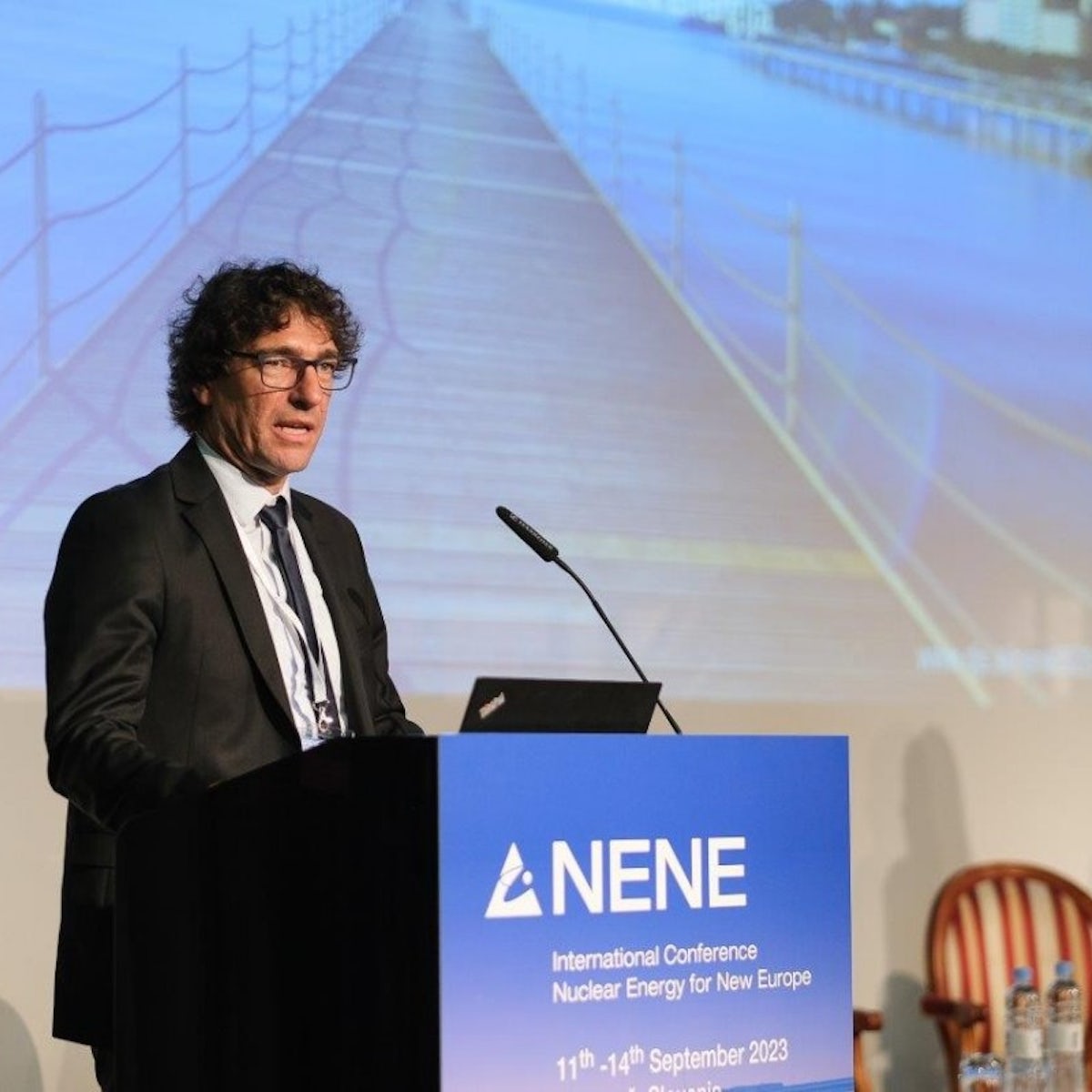Energy crisis means ‘circumstances have changed significantly’.
Slovenian utility GEN Energija is considering an increase in proposed nuclear new build capacity for the expansion of its existing Krško nuclear power station, site of the country’s single commercial nuclear reactor.
The state-controlled company’s chief executive Dejan Paravan told a conference that installed capacity of up to 2,400 MW is now being considered.
He said “significantly changed circumstances due to the energy crisis” and an increased need for a reliable supply of domestic electricity are behind the proposed change.
Slovenian officials have said possible options for a single new Krško unit include Westinghouse’s AP1000 or EDF’s EPR1200 pressurised water reactor (PWR) designs.
Expanding installed capacity to 2,400 MW would open the door for the deployment of a second unit in the 1,000-1,200 MW range or a single, larger reactor such as the EDF’s EPR, which has a gross capacity of 1,750 MW.
The single 688-MW PWR at Krško, which was built in cooperation with US company Westinghouse, began commercial operation in 1983. The facility is co-owned in equal shares by the governments of Slovenia and neighbouring Croatia.
In January 2023, Slovenian authorities approved a 20-year operating lifetime extension to Krško, meaning the reactor unit could operate until 2043, a total of 60 years.
Slovenia has been considering the construction of a second plant at the site and earlier reports said a final decision on the project would be made in 2027 or 2028, with commercial operation in the mid-2040s.
Nuclear ‘A Possible Baseload Solution’
The country’s energy strategy includes the ramping up of renewable energy to help the phaseout of coal-fired generation. Nuclear power, which provides about 16% of the country’s electricity consumption and about 42% of its domestic generation, is seen as a possible baseload solution.
In July, Slovenia’s infrastructure ministry issued an energy licence – essentially a planning permit – for a second unit at Krško, a step that allows permitting procedures to begin.
The energy licence means only basic details of the project have been decided, the Nuclear Society of Slovenia said.
Infrastructure minister Jernej Vrtovec said at the time the plan was to build a 1,100 MW PWR unit with an estimated production of 9,000 GW of electricity a year and a lifespan of 60 years.
In June, Slovenia’s ambassador to Bulgaria told a conference a final decision on the construction of a new nuclear power unit at Krško will be subject to a national referendum.
Nataša Bergelj said the Slovenian government has committed to decide by 2027 at the latest on whether there will be a second unit at the site.



Another government wisening up 🥰